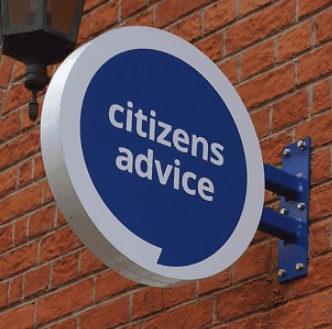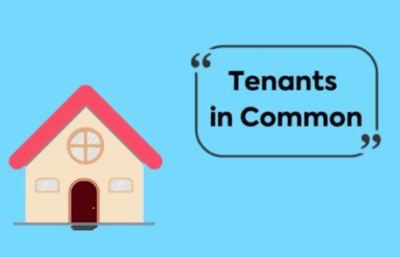A declaration of trust is a way to record financial arrangements if you are making a joint purchase of a property. Also known as a deed of trust, it is a legal document used by tenants in common to set out the proportion of a property owned by each party if they put in different amounts of money. Let’s look at this document in more detail and discuss when it is needed and its benefits.
What are tenants in common?
If more than one person buys a property, they have a choice of being tenants in common or joint tenants. The former means a property is owned equally regardless of how much was paid by each person, while the latter is when more than one person owns a property but they don’t have an equal share. Without a deed of trust, it is assumed that the property is owned equally no matter how much each person has contributed.
The benefits of a deed of trust
A deed of trust sets out the particulars of property ownership, removing uncertainty and reducing the risk of future disagreements. It makes clear who has contributed what to the property purchase, how much of the property is owned by each party, the position if the relationship breaks down or the property is sold, and what should happen in the event that one party wants to buy another out. The process is relatively simple and can be completed by companies such as https://www.samconveyancing.co.uk/news/conveyancing/deed-of-trust-4378.
Do you need a deed of trust?
A deed may not be necessary if you are buying a property with equal shares, as the proceeds will be equally split in any case; however, generally speaking, tenants in common should have a deed of trust. This applies whether you are buying a property with a partner or with investors, friends, or family members. For non-married couples, it is the sensible way to secure your finances in case of a breakup. You can find out more about the legal rights of non-married couples on the Citizens Advice website.
Other contributions
A deed of trust helps to formalise all financial contributions to a property; for example, one person may pay the deposit but the other may pledge to pay more of the mortgage repayments each month. It can also be useful when a partner moves into another person’s property. Their name may not be on the deeds or the mortgage, but they may contribute to the mortgage repayments and cover other costs, such as utility bills or home improvements. A deed of trust can ensure these financial contributions are recognised and protected.


